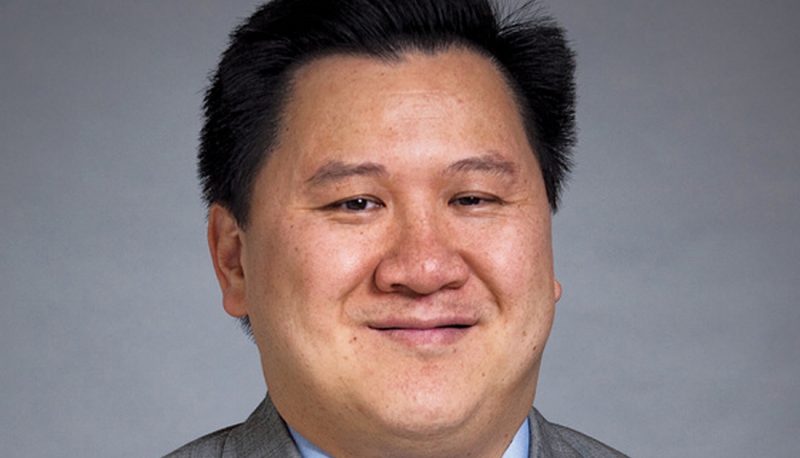“Confirmed Judges, Confirmed Fears” is a blog series documenting the harmful impact of President Trump’s judges on Americans’ rights and liberties.
Fifth Circuit Judge James Ho issued a money in politics dissent on April 18 that shows just how extreme President Trump’s judicial nominees have been.
The case is Zimmerman v. Austin, in which a former Austin, Texas, city council member challenged the city’s campaign contribution cap of limit of $350 per election for city council members representing fewer than 100,000 people. This doesn’t involve independent expenditures, which were the subject of Citizens United and which are theoretically independent of the candidates and parties. To the contrary, this case involves direct campaign contributions.
To avoid the damage caused by corruption and the appearance of corruption, the Supreme Court has long held that limitations on direct contributions to campaigns are not subject to the highest level of scrutiny under the First Amendment, and the district court upheld the law, as did a unanimous Fifth Circuit panel. But one of the judges not on the panel asked the entire court to reconsider the ruling en banc. All but two judges on this very conservative court voted against the idea: James Ho and Edith Jones.
Judge Ho wrote a lengthy dissent, making clear how extreme his views on money in politics are. He even attacked the legitimacy of limiting how much money a person or business can give to a candidate.
[T]he First Amendment prophylactically protects speech from government intrusion. Yet campaign contribution limits turn this principle on its head: They prophylactically prohibit protected speech, in hopes of targeting the “appearance” of unprotected activity in the form of quid pro quo corruption.
By design, contribution limits categorically bar all contributions over a certain threshold, irrespective of the purpose or motivation of the donor. But this is dramatically over-inclusive. Many contributions have nothing to do with the appearance of—let alone any actual—quid pro quo corruption. Countless Americans contribute for no other reason than to “support candidates who share their beliefs and interests.” [internal citation removed]
He also finds unacceptable the idea that a legislature can draw lines regarding campaign finance contributions, such as Austin’s $350 limit:
It is at best “conjectural” that a $351 contribution to help defray the costs of campaign speech would create a genuine risk of an unlawful quid pro quo exchange.
The dissent makes clear that Ho would hand our democracy over to the highest bidder:
If the government cannot regulate independent expenditures, what government interest is served by regulating only campaign contributions? As any proponent of campaign finance regulation will tell you, a donor with suspect intentions can circumvent campaign contribution limits—and achieve his nefarious goals—simply by making independent expenditures instead. So either the government regulates everything—or there’s no point in regulating any of it.
This extremism comes as no surprise: More than 20 years ago, he wrote in a Federalist Society publication that we should “abolish all restrictions on campaign finance.” His extremism is why the money in politics reform community opposed his nomination last year.
Of course, this is also exactly why the Federalist Society selected him for President Trump to nominate. As with many other Trump judges, James Ho’s vision of the law would be fatal to our democracy.

